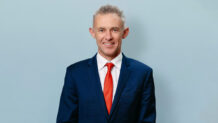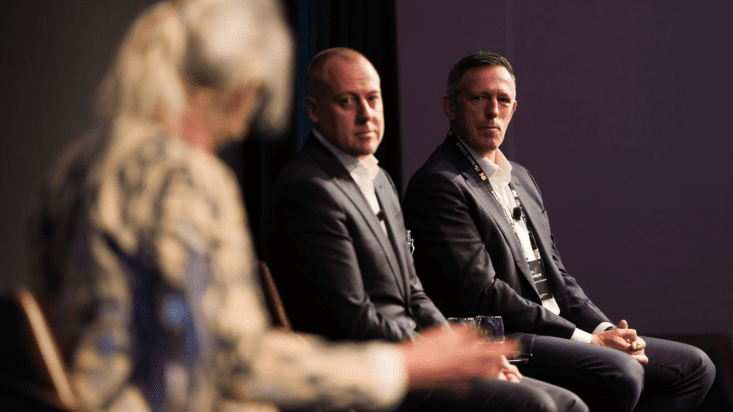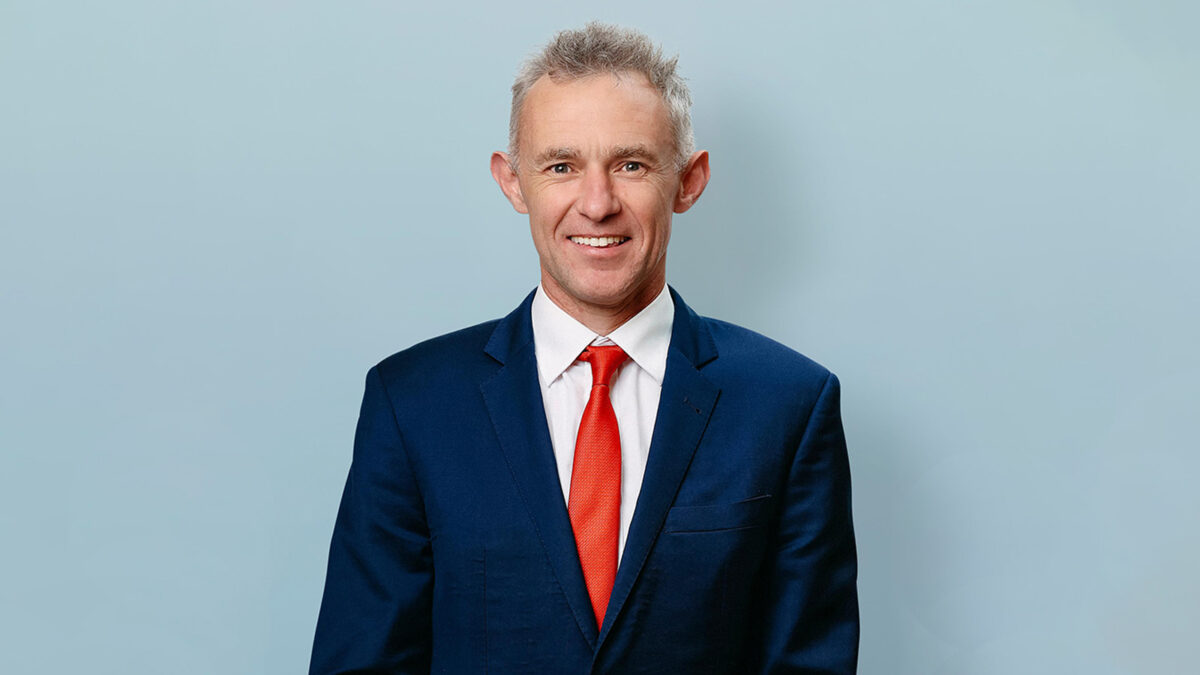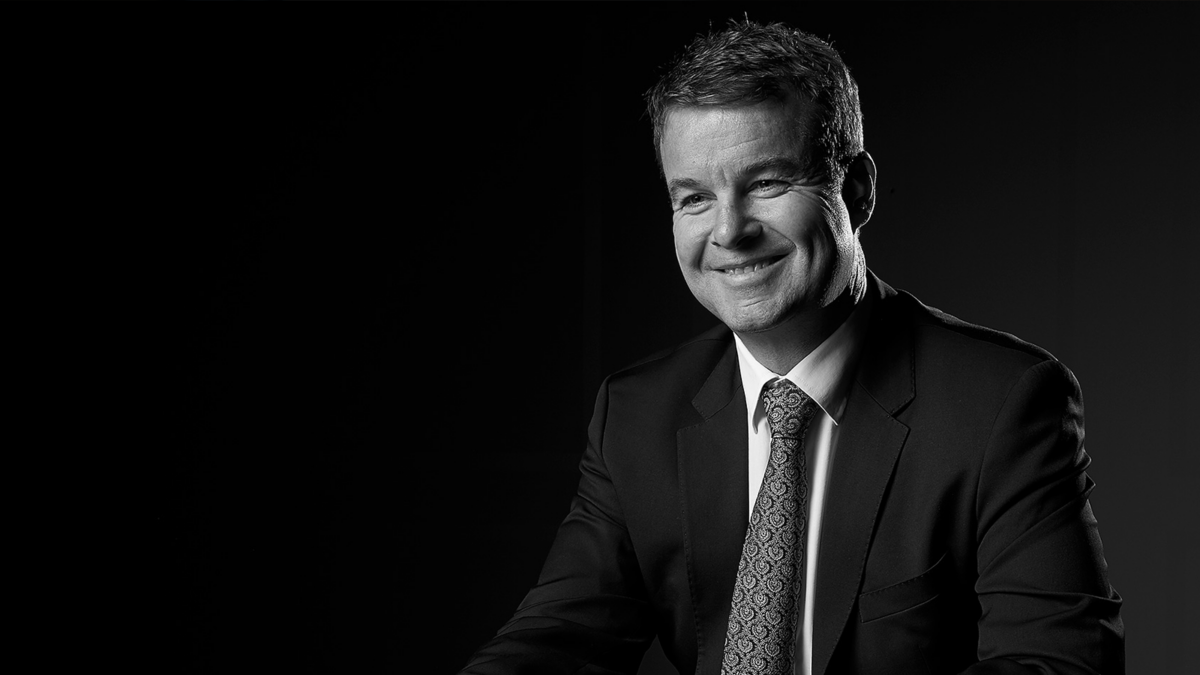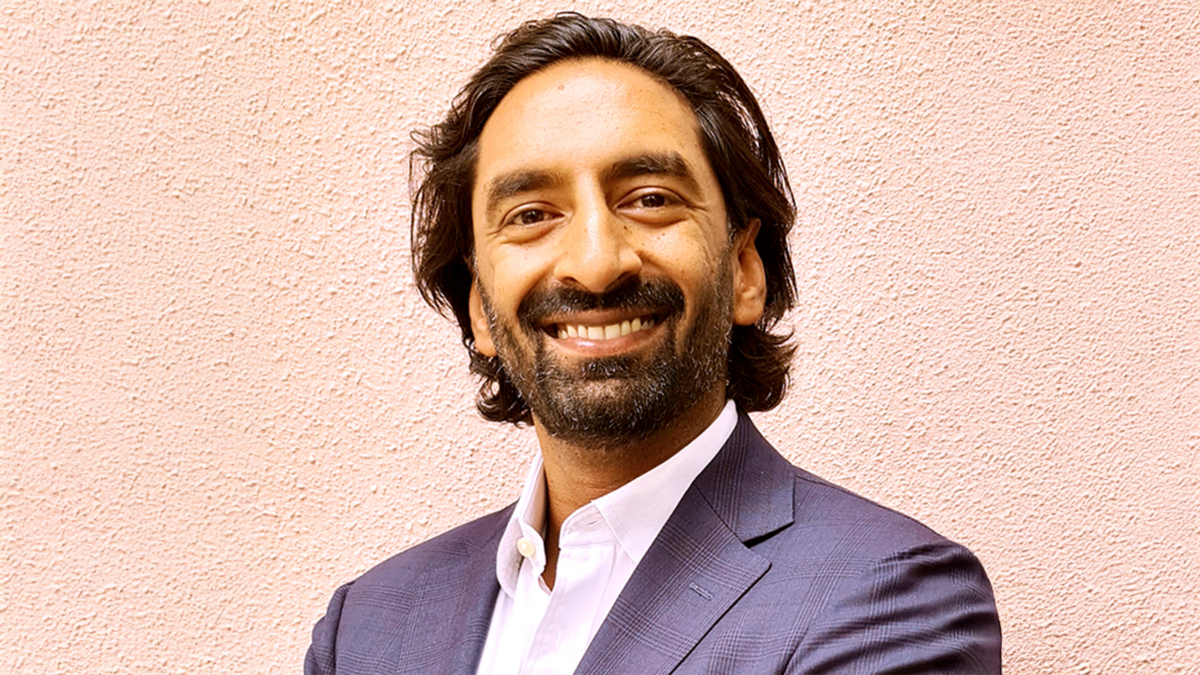ETF investors ‘leaving money on the table’ without discernment
While the growth of ETFs is undeniable, contention continues to swirl around the premise of passive investing and whether its success is due to fundamental, structural advantages or the fact that it has come to prominence during one of the most sustained bull runs in modern history.
According to managers at The Inside Network’s recent Income and Defensives Symposium in Sydney, investors should be asking a far more important question: is a portfolio approach built upon passive investments one that can elevate portfolios in the long run, or is it just one that has managed to get away with it so far?
The ASX300, for example, is the basis for the most popular ETF in the country. Being a simple list of the 300 companies that have the biggest market capitalisation, however, makes it an investment without any significant discernment. And that, says PM Capital’s Jarod Dawson, doesn’t make any sense.
“We’re of the belief that you only put capital into businesses that you really understand through fundamental analysis which, ultimately, is what will protect the investor longer term,” Dawson (pictured, centre) explained, adding that the idea of researching companies thoroughly is becoming “increasingly out of fashion” as investors have shifted towards passive funds in the last decade or so.
Yet the idea that you can diversify responsibility of each individual investment, he believes, doesn’t make sense.
“The idea that you can diversify away the responsibility of each individual investment into a particular fund… the problem from our perspective is that you get portfolios with hundreds, if not thousands of individual investments, and I can tell you as a portfolio manager for the last 25 years that I cannot, in any way, shape or form, get across hundreds or thousands of individual investments,” he said. “It’s just not possible.”
The lack of discernment associated with ETF investing brings with it an opportunity cost according to Macquarie Asset Management’s Scot Thompson, who said investing in passive ETFs “can leave quite a lot of money on the table”.
“What you want is a really consistent portfolio,” said Thompson (pictured, right), who is co-head of the Macquarie Systematic Investments team. “However you build, it should be able to weather different cycles and deliver consistency of returns at a really modest fee, so we believe there are much better solutions than passive.”
Macquarie’s quantitative approach, he explained, is to study a large investment universe and take advantage of biases and styles that other investors exhibit, which present in market fluctuations and mispricing.
“If somebody is a value manager, they’re typically a risk averse manager. If they’re a growth manager, they’re looking for a much more punchy lottery effect. If they’re a quality investor, they’re looking for a very stable balance sheet,” he said. “All of these characteristics come through as financial metrics… and every single one of those biases creates opportunities.”
By examining these “signals”, he explained, the Macquarie team aims to create the kind of nuance needed to generate a sufficient and stable return over the benchmark.
“We’ve got 68 signals,” he said. “You’ve got quality in there, value, you’ve got momentum and myriad other things. The more distinct signals you can identify and capture, we believe the greater the chance that a portfolio can deliver over time.”

